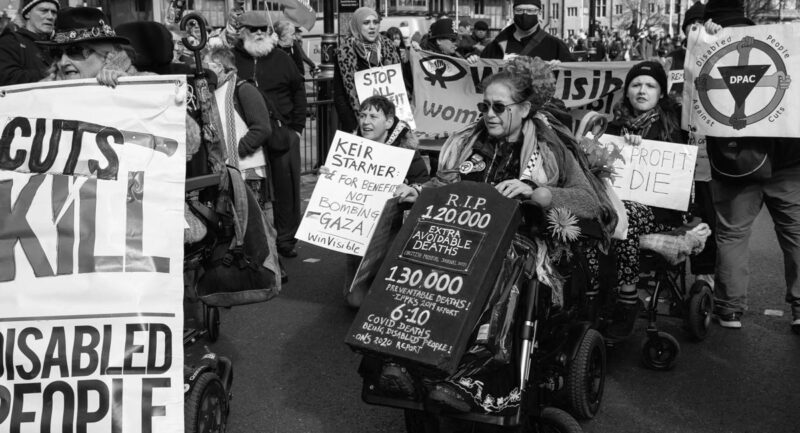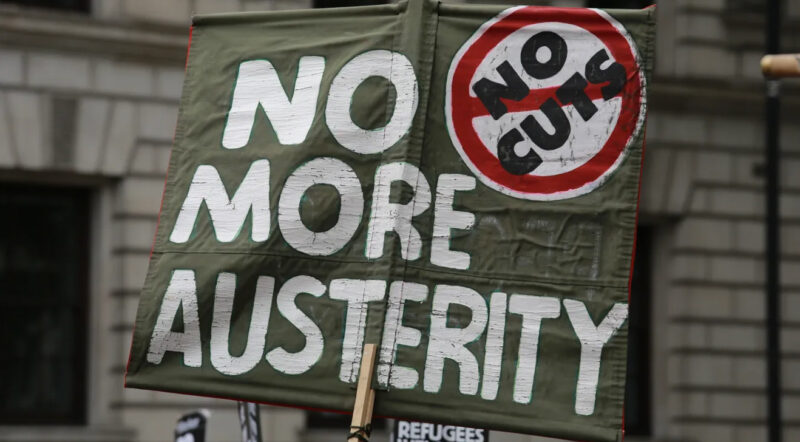Libya – the struggle continues
 Gaddafi has been toppled from power, but the fight for the future of Libya continues. Dave Stockton looks at the growing conflicts amongst the anti-Gaddafi forces.
Gaddafi has been toppled from power, but the fight for the future of Libya continues. Dave Stockton looks at the growing conflicts amongst the anti-Gaddafi forces.
NATO are trying to take the lion’s share of the credit for the Libyan Revolution. They are also after its spoils. French President Nicolas Sarkozy and British Prime Minister David Cameron rushed to Tripoli to stake their claims to both. The UK-based oil giants BP and Royal Dutch Shell have major exploration deals. Italy’s ENI and France’s Total already had big contracts with Gaddafi and have operated in the country for decades.
The head of the National Transitional Council (NTC) Mustafa Abdul Jalil has made it clear that he favours Nato powers over China and Russia, who tried to block assistance to the rebels. Despite being composed mainly of Gaddafi’s ex-ministers and officials, Jalil’s government enjoys the complete backing of NATO. However, it is still far from controlling all of the country. It does not have widespread support from the brigades of youthful fighters who played the decisive role in the liberation of Libyan cities.
The military council in Tripoli, which led the insurrection in the capital, is headed by Abdulkarim Bel Haj, a radical Islamist who was “rendered” by MI6 and the CIA to Gaddafi and tortured along with other Libyan oppositionists. He has little reason to love Cameron and Sarkozy or Abdul-Jalil. Another Islamist, Ismail Sallabi, who commanded the February 17 Brigade that defended Benghazi against Gaddafi’s assault, has called on the NTC to resign, calling it “remnants of the Gaddafi era” and “a bunch of liberals with no following in Libyan society”.
The author Soumaya Ghannoushi has commented on Al Jazeera – “Two legitimacies are confronting each other today in Libya: armed struggle and liberation versus the de facto legitimacy of a self-appointed leadership derived from western support. The two are locked in a cold (and potentially hot) conflict over Libya’s future, the nature of its political order, and its foreign policy. It is a contest between a strategy directed by an internal agenda on the one hand; and one defined from the outside, by NATO and western powers, on the other.”
Revolutionaries, consistent democrats and socialists in Libya need to take advantage of the new situation. The overthrow of Gaddafi and the dual power between the NTC and the military councils have created a space in which they can fight to stop the plunder of Libya by France and Britain. They must demand social justice, employment and freedom for youth and the working class. They need to resist a re-imposition by the NTC of a Gaddafi regime without Gaddafi or a Salafist regime that, in the name of imposing Sharia, will oppress the youth, women, and ethnic and religious minorities.






